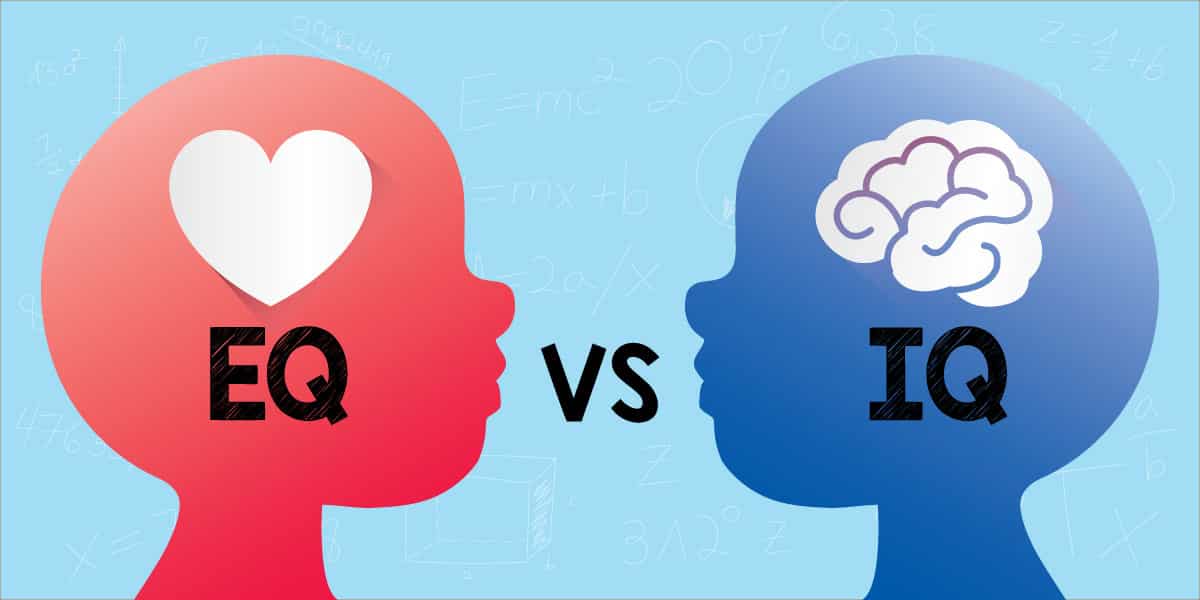What's next?
Interested?
Leave your details here.
Two Qs that make a successful child

“Children are born with unlimited potential.” Toru Kumon
Every parent or guardian believes in the potential of their child and has great dreams for his or her future. At Kumon, we are dedicated to fully pursuing the potential of each individual student in order to raise them to become successful adults.
What makes a child successful in life? Are children with high IQs more successful? Or is there more to it than that?
General Intelligence (IQ)
Intelligence is defined as general cognitive problem-solving skills involved in reasoning, perceiving relationships and analogies, calculating, learning quickly… etc. Your general intelligence (IQ) is a measurement of your ability to process information and come to sound decisions. New research concludes that IQ scores are partly a measure of how motivated a child is to do well on the test. And harnessing that motivation might be as important to later success as so-called native intelligence.
Is there a genius in all of us? We begin to think that high levels of intelligence are more the result of nature, rather than nurture. But that’s just not the case.
The truth is we are all blank slates when we arrive here on earth. Sure, we inherit a few things from our predecessors, but ultimately our futures depend on our work ethic. There are plenty of brilliant people in the world who never amount to much, solely because they lacked the desire to refine their inherent talents and intelligence.
And, on the other side of the spectrum, there are plenty of people who had the odds stacked against them and went on to do brilliant things. How do we explain that? That brings us to the second important component of success:
Emotional Intelligence (EQ)
Emotional intelligence is the ability to manage ourselves and our relationships effectively. Your emotional intelligence (EQ) is your ability to process emotions – both others and your own, and come to sound decisions. Unlike IQ which is largely genetic and barely changes from childhood, the skills of emotional intelligence can be learned at any age but it takes practice and commitment.
Decades of research point to emotional intelligence as the critical factor that sets star performers apart from the rest of the pack. It consists of four fundamental capabilities, each described by their key skills:
- Self-Awareness
- Emotional self-awareness: the ability to read and understand emotions as well as recognize their impact on work performance, relationships and the like.
- Accurate self-assessment: a realistic evaluation of strengths and limitations.
- Self-confidence: a strong and positive sense of self-worth.
- Self-Management
- Self-control: the ability to keep disruptive emotions and impulses under control.
- Trustworthiness: a consistent display of honesty and integrity.
- Conscientiousness: the ability to manage themselves and their responsibilities.
- Adaptability: the skill to adjust to changing situations and overcoming obstacles.
- Achievement orientation: the drive to meet an internal standard of excellence.
- Initiative: the readiness to seize opportunities.
- Social Awareness
- Empathy: the skill at sensing other people’s emotions, understanding their perspective and taking an active interest in their concerns.
- Organizational awareness: the ability to read the currents of organizational life, build decision networks and navigate politics.
- Service orientation: their ability to recognize and meet customer’s needs.
- Social Skill
- Visionary leadership: the ability to take charge and inspire with a compelling vision.
- Influence: the ability to wield a range of persuasive tactics.
- Developing others: the propensity to bolster the abilities of others through feedback and guidance.
- Communication: the skill at listening and at sending clear, convincing and well-tuned messages.
- Change catalyst: proficiency in initiating new ideas and leading people in a new direction.
- Conflict management: the ability to de-escalate disagreements and orchestrate resolutions.
- Building bonds: proficiency at cultivation and maintaining a web of relationships.
- Teamwork and collaboration: competence at promoting cooperation and building teams.
Research has proved that individuals with high EQ perform better in their professional and personal lives regardless of IQ because they develop meaningful relationships, experience less stress, and hence are healthier in general. Emotional intelligence is the “Something” in each of us that is a bit intangible. It affects how we manage behaviour; navigate social complexities and make personal decisions that achieve positive results.
Our abilities are not set in genetic stone. They are soft and sculptable, far into adulthood. With humility, with hope, and with extraordinary determination, greatness is something to which any kid – of any age – can aspire.
Now, we have looked into how IQ and EQ can influence a child’s success and we will be discussing further on how parents can help their children to acquire both IQ and EQ effectively at the same time in our following section. Watch this space!


